Prof. Dr Bruno Merz, Head of the GFZ Hydrology Section, has taken over as President of the German Hydrological Society (DHG). He was elected on Hydrology Day in March 2025. The DHG sees itself as the professional representative body for hydrologists and water managers working in science and operations in Germany. It promotes hydrology and water management in research, teaching and practice.
During his three-year term of office, DHG President Merz is particularly interested in two areas: the further development of international cooperation and a stronger focus on outreach activities.
“I am happy to serve our community as DHG president for the coming years. One focus of my work is to strengthen partnerships with the international hydrological community, especially with the national hydrological societies of our neighbouring countries. I see great potential here for intensive exchange and synergies that can further advance our community. In addition, I would like to make hydrological topics and the contributions our science makes to solving pressing water and environmental problems accessible to a wider audience,” says Merz.
About the person:
Prof. Dr Bruno Merz has been head of the GFZ Hydrology Section since 2002. He holds a doctorate in civil engineering with a focus on hydrology and has been conducting research at the GFZ since 2000. After completing his Habilitation in 2005, he also took on the professorship for Engineering Hydrology and Geohazard Management at the University of Potsdam in 2006.
His research focuses on hydrological extremes, risk analysis and risk management. This includes the development of vulnerability models and their integration into flood risk models, the analysis of the spatio-temporal dynamics of risk, the investigation of extreme flood events and the development of coupled models for risk assessment. One example of this is the design and development of RFM (Regional Flood Model), a model chain for simulating river flooding in Germany. This takes into account the entire process chain from heavy precipitation to hydrological processes in the landscape, flood waves in rivers, protection systems and damage.
Bruno Merz has coordinated numerous international research projects, such as the German Research Network on Natural Disasters, the BMBF RIMAX consortium on risk management of extreme flood events, and the European doctoral programme “System Risk – A Large-Scale Systems Approach to Flood Risk Assessment and Management”.
He has received numerous awards for his scientific work, including Fellow of the American Geophysical Union (AGU), the Pliny Medal of the European Geosciences Union (EGU) and the Volker Medal of the International Association of Hydrological Sciences (IAHS).

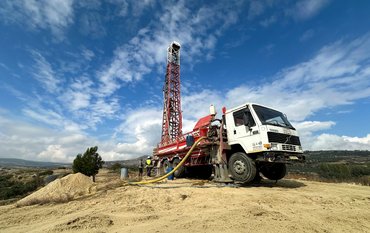
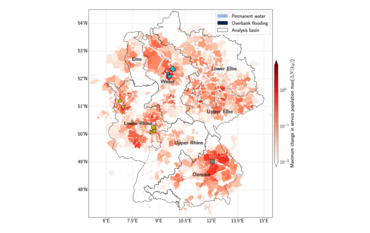
![[Translate to English:] Profile of Prof. Dr. Liane G. Benning, with short blonde hair, red shirt and content face expression.](/fileadmin/_processed_/2/c/csm_Benning-Liane-G_-c-Phil-Dera_546b6a187c.jpeg)
![[Translate to English:] [Translate to English:] Dronenfoto des Vulkans.](/fileadmin/_processed_/c/d/csm_20260210-web_Drone-view-of-Vulcano-Island-near-Sicily-Lipari_-c-AdobeStock_606279354_Marcin0_186f3e7bff.jpeg)
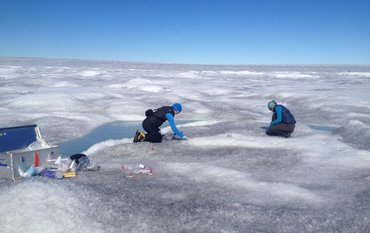
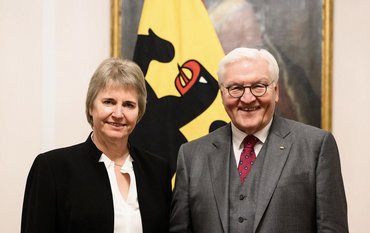


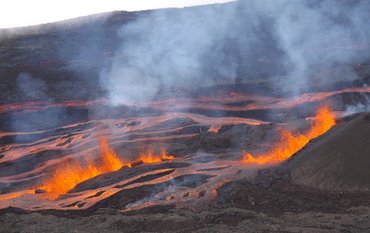
![[Translate to English:] [Translate to English:] Metallbrücke, die zum Teil gebrochen ist und durch die ungewöhnlich viel schlammiges Wasser fließt](/fileadmin/_processed_/9/6/csm_2026_01_22_Bridge_broken_due_to_flash_flooding_in_North_Sumatra_25_Nov_2025_cbe62be46b.jpeg)
![[Translate to English:] Tim Schöne in front of his scientific poster](/fileadmin/_processed_/5/b/csm_Tim_Schoene_EGU_Wien_2025_3cb7b450f2.jpeg)
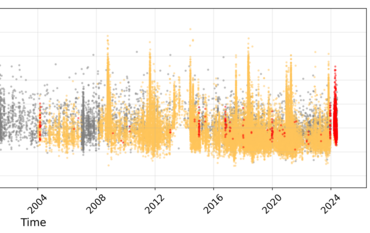

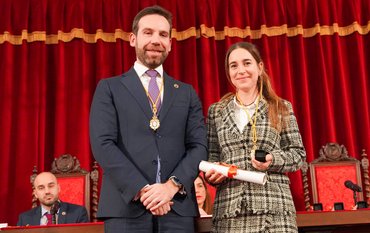
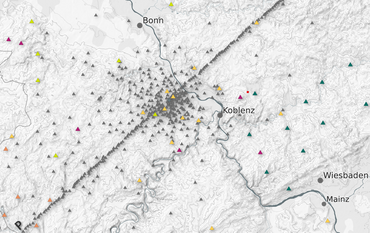

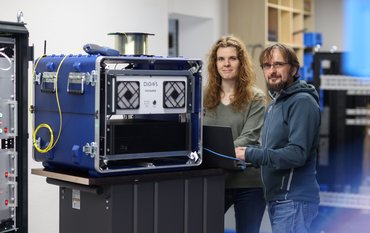

![[Translate to English:] Susanne Hemmleb (right) and her GEOFON colleague Peter Evans (both Section 2.4) hold the CoreTrus](/fileadmin/_processed_/0/a/csm_cert0677_CoreTrustSeal_Geofon-02_93ac53757f.jpeg)
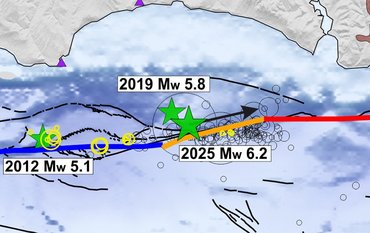
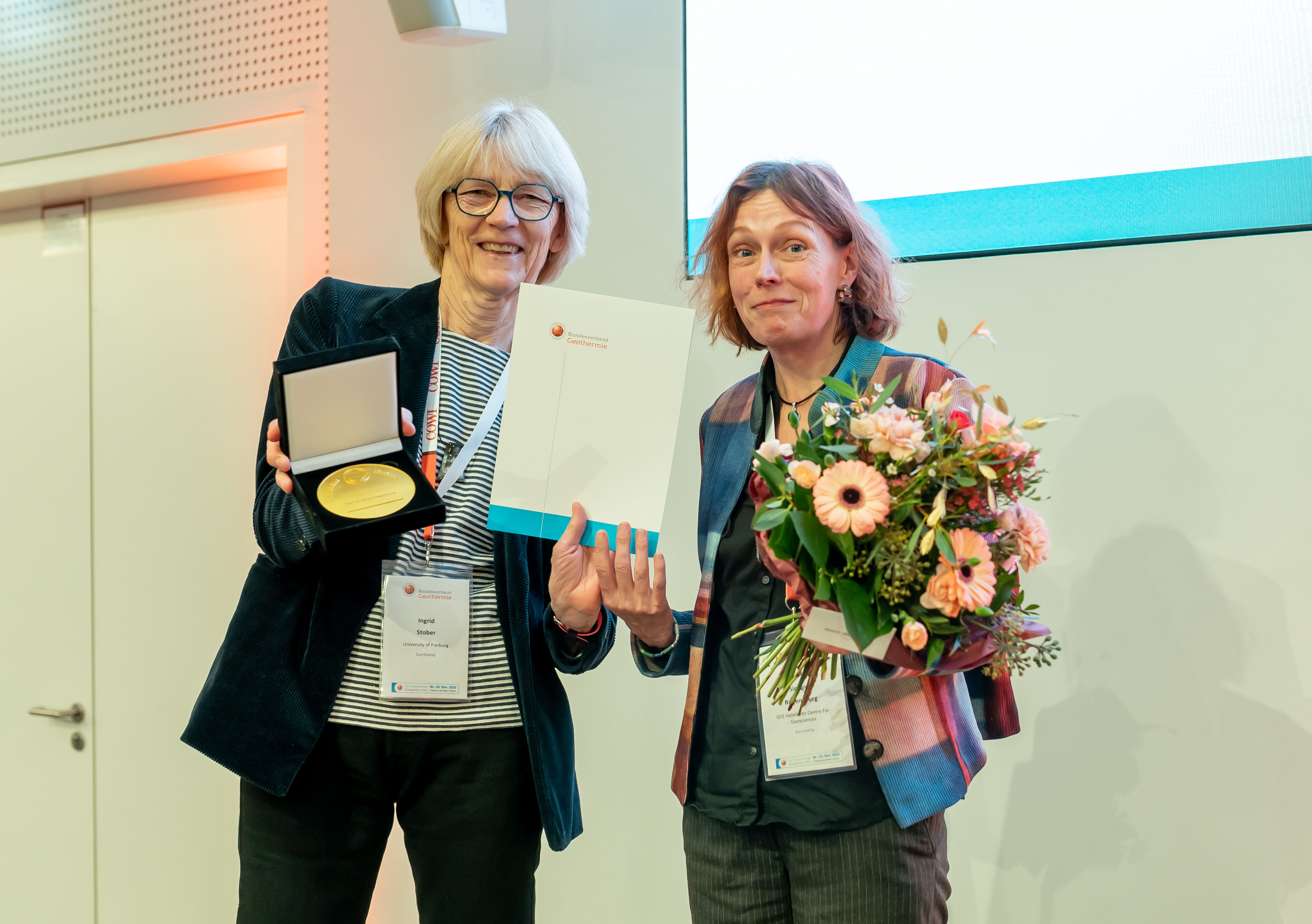


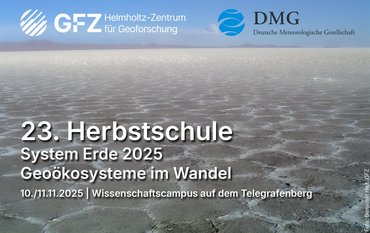
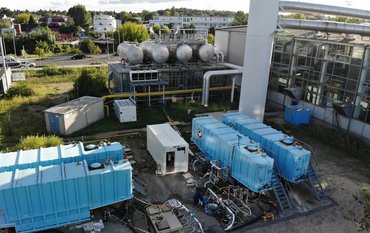
![[Translate to English:] Group photo with 8 people in a seminar room in front of a screen.](/fileadmin/_processed_/2/1/csm_20251114_News_EU-Water-Resilience-Exchange_Kreibich_c-xx_db4e5be690.jpeg)
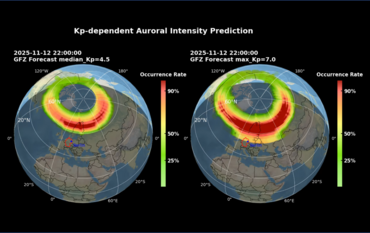


![[Translate to English:] Portrait photo, blurry background](/fileadmin/_processed_/a/2/csm_2025_11_06_JEAN_BRAUN_HE_Helmholtz_Portraits-23_2b5c35beee.jpeg)